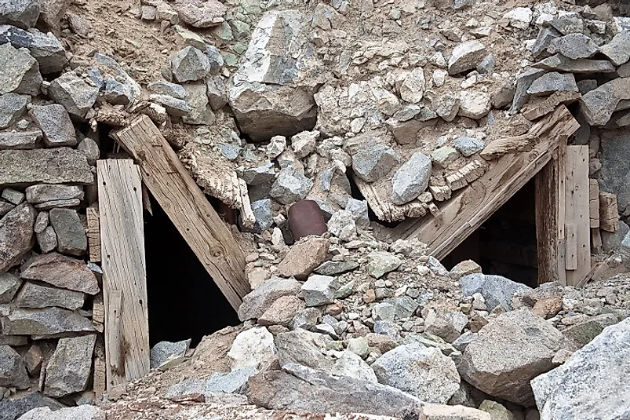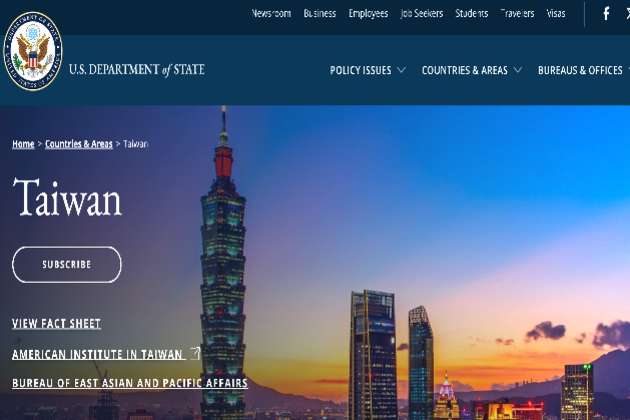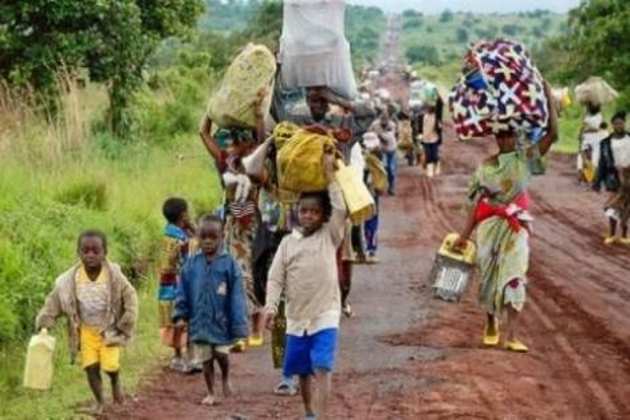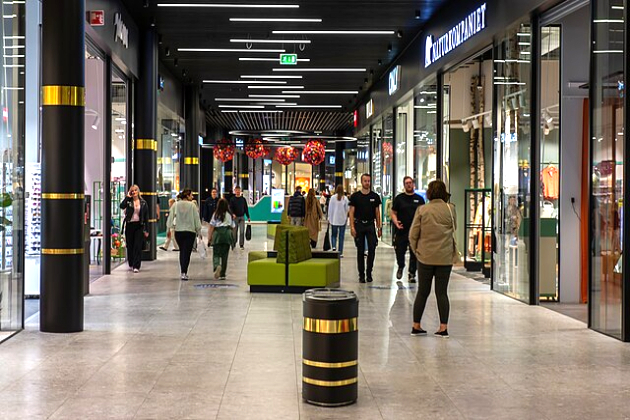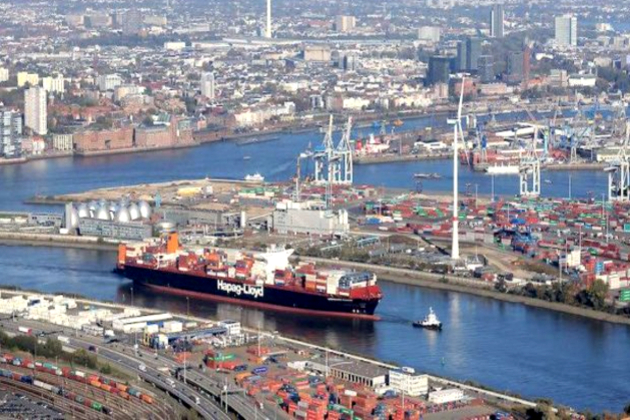Naming and shaming rape suspects: South African court ruling challenges current thinking
The Conversation
20 Feb 2025, 14:40 GMT+10
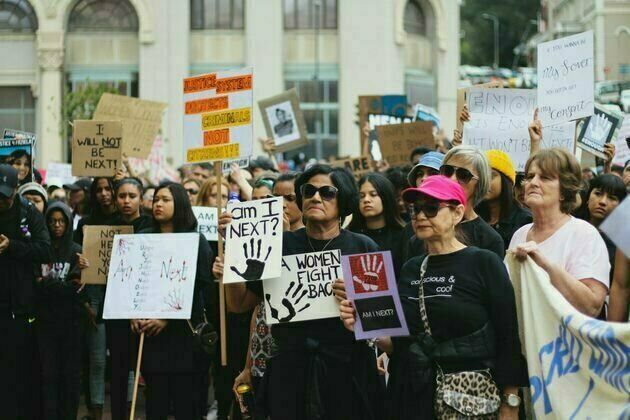
Victims and survivors of gender-based violence have increasingly started naming perpetrators in public. This phenomenon has gained traction through movements such as #MeToo, the #RUReferenceList and #AmINext.
However, there has been a significant backlash. Men identified as perpetrators are turning to the courts to silence those who accuse them of rape and abuse, usually by bringing defamation cases.
In South Africa, in addition to defamation cases, men accused of rape are applying for protection orders under the Protection from Harassment Act.
In a recent paper I analyse a high court ruling which deals with whether publicly naming someone as a rapist constitutes harassment under the act. The court held that it did not amount to harassment.
Based on my experience as an academic as well as an advocate of the high court of South Africa, I argue that the judgment in LW v KA provides a road map for dealing with applications for protection orders against women who publicly name perpetrators. It points to a fundamental shift in the law around the Protection from Harassment Act.
This affects other cases involving the public naming of perpetrators. It makes it clear that identifying a person as a perpetrator is not unreasonable, and does not constitute harassment.
I conclude from my analysis that the judgment is an important development in the case law around gender-based violence.
South Africa's Protection from Harassment Act was designed to address stalking and harassment. The act was part of a suite of legislation enacted to protect victims and survivors of gender-based violence, a vast proportion of whom are women facing abuse from men.
Among its provisions is that a court can issue a protection order. Protection orders are used to prohibit the accused person from engaging in harassment, enlisting another person to engage in harassment or any other conditions imposed by the court.
But recently the courts have been approached by a number of men who have been publicly named as perpetrators of gender-based violence. These men have asked for protection orders against the women who accused them.
In two cases that I have personally worked on, South Africa's magistrates' courts have granted protection orders to individuals seeking to silence women from speaking out against gender-based violence.
As I argue in my paper, this means that the law is being used to threaten and gag women. This is a perverse inversion of the purpose of the act.
Read more: Femicide in Kenya: William Ruto has set up a task force - feminist scholar explains its flaws
Magistrates' courts are the place where most people in South Africa encounter the justice system. These courts deal with a majority of the country's criminal and civil cases, but can only apply the law and not develop the law. Matters in the magistrate's court can be sent on appeal to the high court and thereafter to the supreme court of appeal and finally the constitutional court.
This is not to say that men should not be able to use the Protection from Harassment Act. This legislation is intended to provide relief to anyone who has faced harassment, regardless of their gender. Men accused of rape are not barred from applying for protection orders if they face harassment, and nor should they be.
However, it is crucial that courts approach these cases with a full understanding of the purpose of the act and the context in which these cases are being brought.
It is important to strike a balance in these matters. On the one hand, the interpretation of "harassment" must be flexible enough to allow anyone who has been the target of this harm to find relief under the act. On the other hand, courts must avoid the exploitation and appropriation of the legislation by men to threaten and silence their accusers.
Read more: Undressing for redress: the significance of Nigerian women's naked protests
The answer to this lies in a proper analysis of what is meant by "harassment" in the act.
There is little guidance in the legislation itself. Nevertheless, the question came before the Gauteng high court in 2023 in LW v KCA. The court held that identifying someone as the perpetrator of gender-based violence was not in and of itself harassment. It ruled that:
If any provision of the {Protection from Harassment Act} can bear more than one constitutionally compliant interpretation, that which better allows victims to speak out is to be preferred.
In other words, if a judge is deciding between two different interpretations of the act, they should choose the interpretation that promotes victims' rights to freedom of expression. In deciding whether some act constitutes harassment, they should favour the interpretation which allows victims to speak out about their experiences.
The importance of this finding cannot be overstated. It creates a fundamental shift in the law not only around the act, but also in respect of all cases involving the public naming of perpetrators of gender-based violence.
In the judgment, the high court provides a road map for dealing with applications for protection orders against women who publicly name their perpetrators. The court:
underscored the importance of taking a balanced and reasoned approach to a situation where men use the Protection from Harassment Act to silence those who accuse them of rape
found that it is not enough to ask whether the conduct constitutes harassment; one must also ask whether the conduct was reasonable in the context of gender-based violence in South Africa
made it clear that the most constitutionally compliant interpretation of the act is the one which allows victims to speak about their experiences.
Read more: Naked protests in South Africa: a psychologist explores the emotional power of this form of activism
Importantly, this finding by the high court has set a precedent which all magistrates and high court judges must take into consideration when hearing matters involving harassment. This matter has not been appealed to a higher court.
 Share
Share
 Tweet
Tweet
 Share
Share
 Flip
Flip
 Email
Email
Watch latest videos
Subscribe and Follow
Get a daily dose of Africa Leader news through our daily email, its complimentary and keeps you fully up to date with world and business news as well.
News RELEASES
Publish news of your business, community or sports group, personnel appointments, major event and more by submitting a news release to Africa Leader.
More InformationInternational
SectionEurope faces hard choices amid rising threats, warns French FM
MUNICH, Germany: Speaking at the Munich Security Conference, French Foreign Minister Jean-Noel Barrot warned that Europe must brace...
Mine collapse in western Mali kills at least 43, mostly women
BAMAKO, Mali: A tragic mine collapse in western Mali, West Africa, has claimed the lives of at least 43 people, mostly women, an industry...
US Navy confirms collision of aircraft carrier near Egypt
WASHINGTON, D.C.: The U.S. military operates 11 aircraft carriers, and any serious damage that forces one out of service could put...
Zelensky sidelined as Trump takes Putin position on war
As we approach the third anniversary of the Russian invasion of Ukraine, a monumental shift is taking place that might just lead to...
US State Department alters website wording on Taiwan independence
TAIPEI, Taiwan: The U.S. State Department has revised its official website's fact sheet on Taiwan, removing a previous statement that...
UN warns of worsening humanitarian crisis in eastern Congo
GENEVA, Switzerland: The humanitarian crisis in eastern Congo is worsening, with around 350,000 displaced people left without shelter...
Business
SectionMicrosoft makes $700m investment in Poland’s cybersecurity
WARSAW, Poland: Microsoft has announced a major new investment of $700 million in Poland to strengthen the country's cybersecurity...
December sales growth in US revised up to 0.7% from 0.4 %
WASHINGTON, D.C.: Retail sales in the U.S. fell by the most in nearly two years in January, likely due to cold weather, wildfires,...
Standard and Poor's 500 closes at new all-time high
NEW YORK, New York - U.S. stocks moved modestly higher on Wednesday with the Standard and Poor's racking up a new all-time closing...
Bundesbank chief warns US tariffs could hurt Germany for years
FRANKFURT, Germany: Germany faces significant economic risks from potential U.S. trade tariffs, which could dampen growth for years...
Italy’s Termoli plant shifts from EV batteries to hybrids
MILAN, Italy: Stellantis announced this week that it will begin producing hybrid vehicle components at its Termoli plant in southern...
Amazon workers in North Carolina reject union, victory for retailer
RALEIGH, North Carolina: Amazon workers in North Carolina voted against joining a union, giving a big win for the company, which has...


